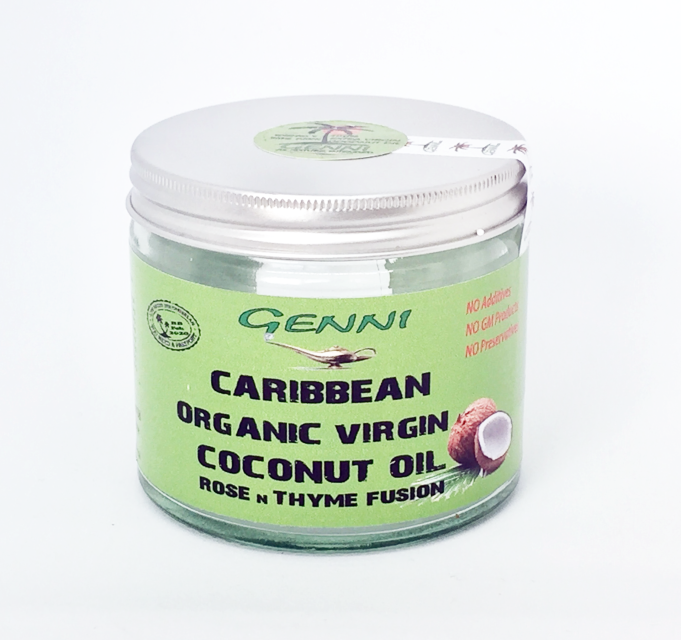
Other animal and experimental studies indicate that the rosmarinic acid in rosemary delays the onset of cataracts - the gradual opaqueness of the eye that leads to blindness - and reduces the severity of cataracts ( 29). One study examined the addition of rosemary extract to common treatments like zinc oxide and other AREDs antioxidant combinations, finding that it helped slow age-related macular degeneration (AMD), a common condition that affects vision ( 28). While studies on rosemary tea and eye health are lacking, evidence suggests that certain compounds in the tea may benefit your eyes.Īnimal studies have found that adding rosemary extract to other oral treatments can slow the progression of age-related eye diseases (AREDs) ( 26, 27). Both smelling and drinking rosemary tea may offer these benefits, but more research is needed. SUMMARYĬonsuming and inhaling compounds in rosemary have been shown to reduce anxiety, boost mood, and improve concentration and memory. Rosemary extract may improve mood by promoting a healthy balance of gut bacteria and reducing inflammation in the hippocampus, the part of your brain associated with emotions, learning, and memories ( 22). Participants’ activity level, blood pressure, heart rate, and breathing rate increased after inhaling the oil ( 21). What’s more, a study in 20 healthy adults found that inhaling rosemary oil stimulated brain activity and improved mood. One study in 20 healthy young adults observed that inhaling rosemary aroma for 4–10 minutes before a mental test improved concentration, performance, and mood ( 20). In fact, simply smelling rosemary appears to be beneficial.

One study found that taking 500 mg of oral rosemary twice daily for 1 month significantly lowered anxiety levels and improved memory and sleep quality among college students, compared with a placebo ( 18).Īnother 2-month study in 66 industrial employees noted that those who drank 2 teaspoons (4 grams) of rosemary in 2/3 cup (150 ml) of water daily reported feeling significantly less burnt out at their jobs, compared with those who drank nothing ( 19). Though studies on rosemary tea specifically are lacking, evidence shows that drinking and inhaling compounds in rosemary tea may help boost your mood and improve your memory. The two most studied compounds in rosemary are rosmarinic acid and carnosic acid.Įxperiencing stress and anxiety from time to time is common. Rosemary tea contains compounds shown to have antioxidant, anti-inflammatory, and antimicrobial effects. They have found that the two acids may have antitumor properties and even slow the growth of leukemia, breast, and prostate cancer cells ( 10, 11, 12). Studies have also investigated the effects of rosmarinic and carnosic acid on cancer.

Rosemary leaves are employed in traditional medicine for their antibacterial and wound healing effects ( 6, 8, 9).

The compounds in rosemary tea may also have antimicrobial properties, which may help fight infections. The antioxidant and anti-inflammatory activity of rosemary is largely attributed to its polyphenolic compounds like rosmarinic acid and carnosic acid ( 4, 5).ĭue to its antioxidant capability, rosmarinic acid is often used as a natural preservative to increase the shelf life of perishable foods ( 6, 7). Rosemary tea also contains compounds that may have anti-inflammatory and antimicrobial properties.
.jpg)
They can be found in a variety of plant foods, such as fruits, vegetables, and herbs like rosemary. High in antioxidant, antimicrobial, and anti-inflammatory compoundsĪntioxidants are compounds that help protect your body from oxidative damage and inflammation, which can lead to chronic diseases like cancer, heart disease, and type 2 diabetes ( 3).


 0 kommentar(er)
0 kommentar(er)
